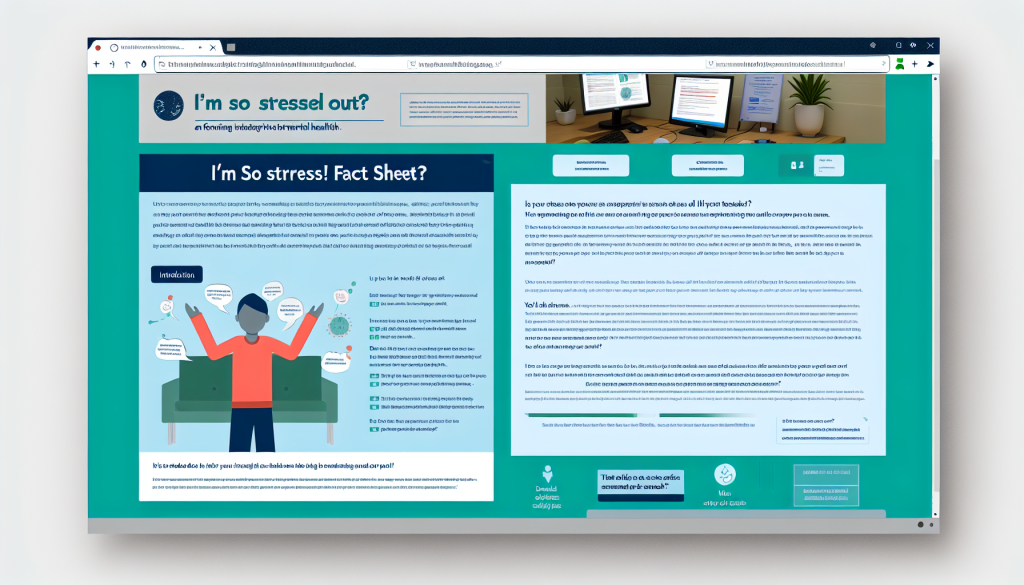Asthma and Alternative Wellness Methods: Essential Information for You
What’s the Bottom Line?
If you’ve been diagnosed with asthma, it’s important to adhere to your prescribed treatment plan. For your health:
• Do not replace prescribed medicine with alternative treatments without guidance.
• Speak with your care provider before using any complementary approaches, including supplements, as some may negatively interact with asthma medication.
How Effective are Complementary Approaches for Asthma?
• Alternative methods should not be used as a substitute for established medical treatment.
• Some complementary methods that help alleviate emotional stress may benefit people with asthma when used together with regular care.
Are Complementary Methods Safe for Asthma?
• Most mind-body therapies and physical practices are generally low-risk when conducted correctly.
• Certain supplements are usually safe but may cause adverse effects or interact with medication. Always consult a provider first.
• The FDA warns that many over-the-counter homeopathic asthma remedies have not been evaluated for safety or effectiveness.
Understanding Asthma
Asthma is a long-term condition that affects the lungs and disrupts breathing. It is marked by symptoms like wheezing or chest tightness. Over 25 million people in the U.S. are affected.
More Details
In asthma, airway inflammation causes these passages to tighten and swell, making breathing difficult. Symptoms may vary in frequency and intensity and can escalate into serious attacks. Managing asthma includes routine checkups, medication adherence, avoiding triggers, and maintaining overall well-being.
An Overview of Complementary Approaches
Complementary health practices stem from outside standard medical care and include things like natural supplements, acupuncture, yoga, and meditation. They typically fall into one of several categories:
• Nutritional: including herbs, supplements, and probiotics
• Psychological: such as hypnosis or mindfulness
• Physical: including acupuncture and massage
• Mixed: like yoga, tai chi, or mindful eating
What Research Tells Us About Asthma and Complementary Therapies
Mind-Body and Physical Techniques
While not a replacement for medical treatment, these methods may support stress and mood management in people with asthma, which may help improve asthma control.
Acupuncture and Related Techniques
• Studies combining acupuncture with standard treatment found symptom relief but no major lung function improvements.
• Other methods like moxibustion and herbal patching lack strong evidence due to poor study design.
• Properly done acupuncture is considered safe, while moxibustion and patching may cause skin reactions or burns if not done safely.
Breathing Exercises
• Adult-focused studies suggest breathing practices may enhance quality of life but not always affect symptoms.
• Research on children is too limited to draw definitive conclusions.
• These practices have shown no significant harm in studies.
Meditation
• Some evidence shows meditation may support mental well-being in asthma patients, though more research is needed.
• Generally believed to be safe, although risks haven't been deeply studied across all methods.
Chiropractic Adjustments
• Very few studies have explored spinal adjustments for asthma, with limited results.
• Minor side effects may include discomfort, while serious complications are rare.
Practicing Yoga
• Yoga may lead to modest improvements in symptoms and life quality as part of an asthma plan.
• For kids and teens, yoga may decrease anxiety and improve lung function, though exact benefits are unclear.
• Safe for most when taught properly; still, some postures may be risky for certain individuals.
Diet-Based Techniques
Herbal and Traditional Remedies
• Research on herbal products for asthma has been limited and of low quality, suggesting no firm recommendations can be made.
• Natural remedies can cause side effects or interfere with prescribed asthma medications.
Omega-3 Fats
• Omega-3s, found in fish oil, may reduce inflammation. Some studies showed minor benefits, but overall findings are mixed.
• Using omega-3s in pregnancy or childhood hasn't conclusively shown they lower asthma risk.
• Mild side effects like upset stomach or bad breath can occur; interactions with blood thinners are possible.
Probiotics
• Supplementing infants and pregnant women with probiotics hasn't shown clear asthma prevention benefits.
• In children with asthma, some probiotic effects were positive though findings were inconsistent.
• They’re generally safe but could pose a risk to people with serious health conditions.
Selenium
• Low selenium levels may be linked to asthma, though supplementation has not shown improvements in controlled trials.
• High doses of selenium can lead to serious health concerns like nausea and heart issues.
Soy Isoflavones
• In general studies, soy isoflavones did not improve asthma outcomes. However, for individuals with specific genetic traits, they may help reduce severe attacks.
• Considered safe for short-term use.
Vitamin C
• There’s not enough reliable data to confirm vitamin C's effectiveness for asthma.
• High doses may lead to digestive upset and should be used with caution by people with certain chronic illnesses.
Vitamin D
• Although low vitamin D levels are linked to worse asthma, supplement studies show little evidence for preventing attacks.
• Studies in pregnant women using high doses haven’t conclusively shown reduced asthma risk in children.
• Taking too much can lead to serious symptoms like confusion or weakness.
Other Options
Homeopathy
• Homeopathic asthma remedies have not been reviewed by the FDA and are not recommended as they may be ineffective or unsafe.
Things to Keep in Mind
• Always talk to your doctor about any non-traditional therapies you're considering to make well-informed choices together.
Learn More
NCCIH Resource Center
This center provides facts about complementary health practices and research access—but not personal medical advice or referrals.
Phone: 1-888-644-6226
Relay Service: 7-1-1
Science Education Tools
NCCIH and NIH offer guides and materials to help individuals understand how to interpret health studies and make informed decisions.
PubMed®
A trusted library of health studies and summaries from medical journals, managed by the National Library of Medicine.
National Heart, Lung, and Blood Institute (NHLBI)
The NHLBI shares health information on respiratory and heart issues.
Phone: 1-877-645-2448
MedlinePlus
This service offers easy access to trustworthy health information from several reliable government resources.
References
• Numerous journal articles and studies have informed this guide. Key sources include research on acupuncture, vitamin D, probiotics, yoga, and more, from journals like JAMA, Thorax, and Cochrane Reviews.
Acknowledgments
We acknowledge the contributions of NCCIH experts in reviewing this material, which is public domain and not copyrighted. Reproduction is encouraged.
This resource is purely informational and not a substitute for medical care. Always seek professional advice for diagnosis or treatment decisions.


